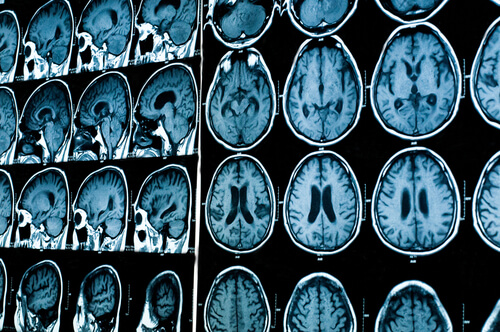 The brain is the most important and intricate part of the body. Unfortunately, it is also extremely fragile and because it plays a role in controlling every system in the body, even a slight trauma can lead to permanent and catastrophic injury. The truth is, there is no such thing as a “mild” brain injury. While the term is used for medical classifications, all brain injuries are serious and must be treated as such.
The brain is the most important and intricate part of the body. Unfortunately, it is also extremely fragile and because it plays a role in controlling every system in the body, even a slight trauma can lead to permanent and catastrophic injury. The truth is, there is no such thing as a “mild” brain injury. While the term is used for medical classifications, all brain injuries are serious and must be treated as such.
Symptoms and complications of a brain injury can include:
While it can be difficult or unfair to compare the severity of catastrophic injuries affecting different parts of the body, there are numerous factors which make traumatic brain injuries (TBI) especially dangerous. A chief problem is that without medical attention, it can be tremendously difficult to gauge the true extent of damages.
Unlike other parts of our bodies, the brain has no pain receptors. When we stub a toe or smack our elbow against a hard surface, there is an almost immediate reaction and feeling of pain, allowing us to gauge the relative seriousness of an injury. This does not necessarily happen with a brain injury. While a person will likely experience collateral pain from an accident, such as a blow to the head, that pain may have little correlation with a resulting damage to the brain.
Symptoms of a TBI will not always present themselves immediately or in an alarming combination. While some symptoms such as recurring seizures can be cause for immediate concern on their own, others such as a headache or increased irritability may do little to reveal an injuries severity. Additionally, some symptoms may not present themselves for days or even weeks after an accident has occurred.
To complicate matters further, countless myths, misinformation, and misconceptions exist which if acted upon can pose a real threat. One common myth about brain injuries, such as concussions, is that they only occur when someone loses consciousness. Not only is “blacking out” not required, direct contact with the head doesn’t necessarily have to occur. Whiplash and the lack of oxygen to the brain are both examples of how a traumatic brain injury can occur without a direct blow to the head.
For these and other reasons, it is not always clear that an accident victim has suffered a TBI. Believing that there is nothing wrong, a person may not realize that they need immediate medical attention. When left untreated, the symptoms of a brain injury may continue to get worse and only as time passes does it begin to become clear that something is seriously wrong. After an accident involving physical trauma to the head or neck, it is critical to seek medical attention as soon as possible. Only a doctor will be able to provide an accurate medical evaluation.
